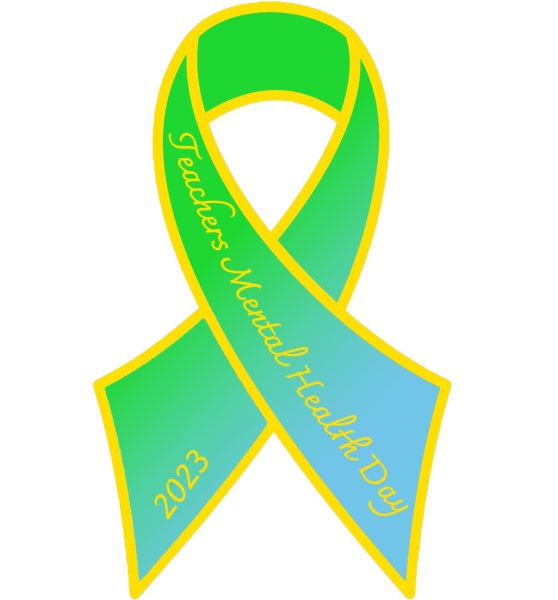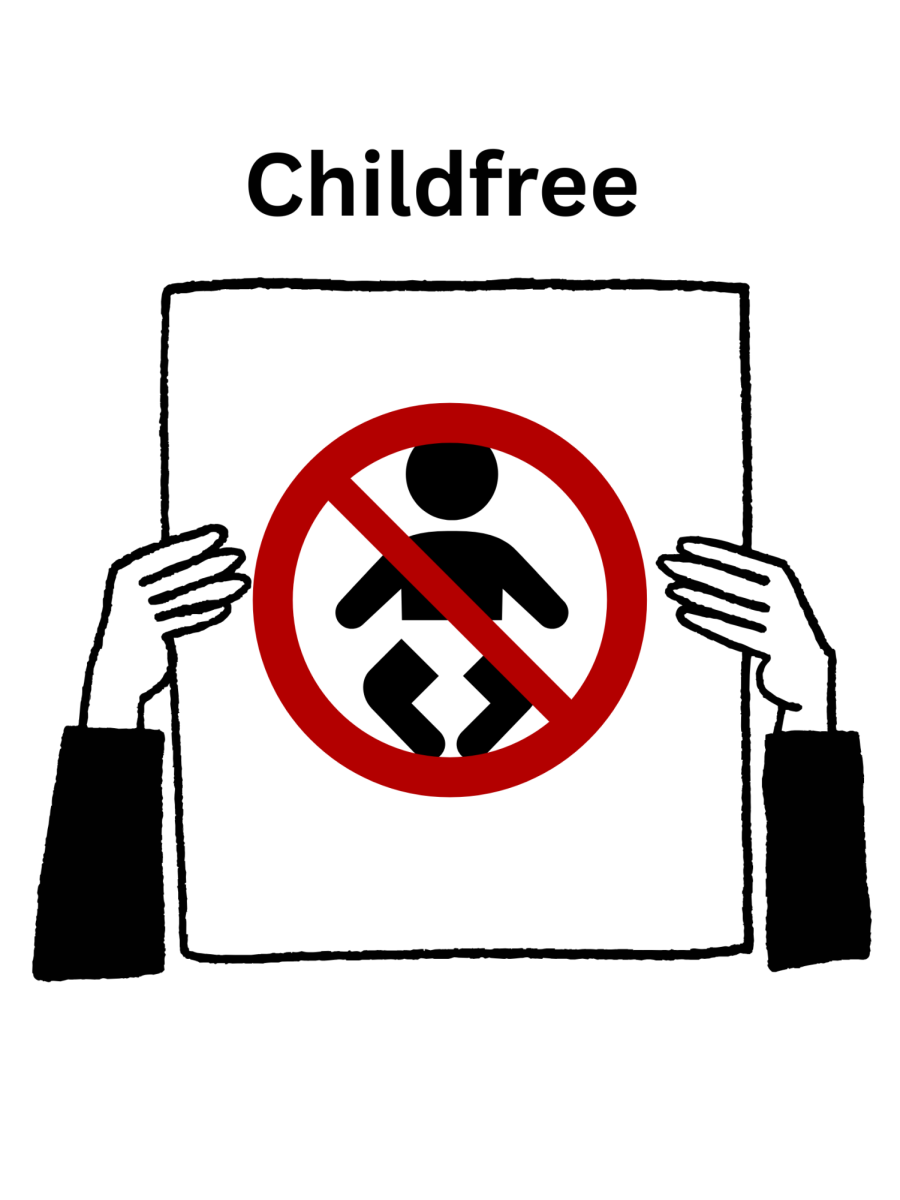
Content Warning: This article has mentions of self-harm.
Nine years ago, I felt like I was spiraling to the point where I no longer recognized myself. During one of my bad weeks, I forced myself to sleep for twenty-four hours with minimal breaks in between because my depression made me feel hollow, and sleep helped fill the void I needed to escape. In the following weeks, I operated on three hours of sleep a night. My sleep schedule was up and down, just like my moods. I had moments where it was easy to talk to my friends, but those feelings of elation felt like seconds compared to my low moments.
I did not know how to deal with my feelings, mostly because I did not understand them. I knew I had childhood trauma. I knew I was quiet and reserved. I knew I felt happy some days yet overstimulated on the days my sadness felt overwhelming. However, I did not realize that coping with self-harm was not okay because I had relied on it since I was thirteen.
I can still remember the first time I was honest with a doctor about my struggles with self-harm. Instead of seeing the damage I inflicted on myself, I used it to detach from my pain. I had bottled up so much over the years that I felt like it was overflowing out of me at times, and crying felt like putting duct tape over a broken pipe. There is such a negative stigma about self-harm. One of my doctors, for example, thought I was hurting myself for attention, but that was not true. The truth is that self-harm is complicated, and it is often a pain dealt with in private, which is why people who have struggled with this often cover up to avoid any questions and judgment. At the moment, it can feel easier to deal with this pain alone, but the reality is that things can only get easier with the support of people who care.
Thankfully, my adoptive parents were always on my side, fighting when I did not have the strength to survive the darkness that enveloped my every thought, like the shadows that peeked out at me during my low moments. At the time, I felt alone because my biological mother had abandoned me. If she was okay with leaving me, then was I worth the sacrifices that it would take to help fix me? I thought I was not worth it, but my mom never gave up on me. She took me to every meeting with my psychologist and psychiatrist, and she sat next to me at each appointment because she knew that without her, I would do what I could to keep from explaining to my doctors why I hurt myself. My triggers mattered to everyone around me, but it was hard to believe that then.
After two years of therapy, medication, and three prolonged visits to a mental health hospital, I was diagnosed with bipolar disorder, borderline personality disorder, anxiety, and PTSD. Although I struggled with all these labels initially due to the negative stigma connected to these labels and mental health in general, over time, I pulled myself out of the mindset that I was not enough. I tried enrolling in school a couple of times, but it was too hard. The number of credits I needed for financial aid added to my stress, so I quickly dropped out. This created more stress, so I decided to wait until I knew I was ready to pursue an education. In the meantime, I fell in love and married my husband, Matt. I started reading again after discovering that people, like me loved to talk about books online.
Now, nine years later, I am pursuing a future career as a middle or high school English teacher. I graduated from Taft College in early 2023, and if I follow my academic plans, I should graduate with my bachelor’s degree in Dec. 2024. In the two and a half years since I started my education, I have accomplished more than the past version of myself thought possible.
I enrolled in a mentor and mentee program at Taft College and met my mentor, Jan, who has become like family to me. I was invited to join the National Society of Leadership and Success. After completing my training to be inducted as an official member, I joined the executive board. Since then, I have continued to serve on the board at Taft College and California State University, Bakersfield. Additionally, I made the Dean’s List here at CSUB and joined the English Honor Society, Sigma Tau Delta.
My point with this is that each of us has a future. I can still remember what it felt like to live in that dark place, even though my life has changed so much since then. From thirteen to twenty-four, opening up about my personal struggles felt impossible. As a future teacher, I know that my students will have problems, so I would like to do what I can to show them that our classroom is a safe place without judgment.
“An important thing for new teachers to be aware of is that a sudden change in a student’s personality is usually a sign of something going on in their life that is important and can potentially get in the way of their schooling. And more importantly, potentially get in the way of their mental health. I had a student, a ninth grader, who was very energetic, giggly, got along well with the peers they sat next to in class, and seemed to enjoy being in class. Then, a couple of months into the semester, the student’s personality seemed to change dramatically; they always seemed upset, always sad, they stopped talking as much, and stopped interacting with me as much. I noticed that as a change,” said Dan Stockwell, an assistant professor of English at CSUB.
Emphasizing the importance of monitoring how all students are doing, Stockwell said, “So, I would just communicate in general terms that I care about my students. To everybody, not just to this one. And of course, you don’t want to single a student out in front of their peers, but there are things you can do with the entire class by talking about how you care about them, and you want to be there for them. It helps that I had a weekly journal assignment, and so I could read about what was going on in their lives; you know, whatever they felt comfortable sharing.”
As a student who once needed help, Stockwell’s suggestions are a great way to help students who might be struggling, whether at home or with their mental health. Writing can be therapeutic, which these kids might need as they walk through our classroom door.
As a future educator who has struggled, I think it is important to stand up and advocate for myself, just like I would my future students. Someone recently told me that if I want to pursue a career as an educator, I should consider covering the self-harm scars on my arms. If anything, though, I think that decision would cause more harm. If I made that decision, my future students might accidentally see the scars on my arms and ask why I felt the need to hide them from them. We live in the Central Valley with unbearably hot temperatures, so I think that concern would be valid. Instead of deciding to hide, I think it would be more important to show up every day in professional, weather-appropriate attire and simply teach to the best of my ability. And I believe this is possible with the help of a supportive administration.
In an article titled “Supporting staff mental health and well-being,” Angela Asch echoes this sentiment: “Teachers and administrators play a critical role within schools. Fully supporting the mental health and all school staff is essential to ensure that all students reach their full potential.”
Working with a supportive administration would help me feel more confident as an educator who has overcome a lot. With this support, I could positively impact my future students. If they notice my scars, they will see someone who once struggled but is now thriving. With that knowledge, I hope they can see all the possibilities in life.








